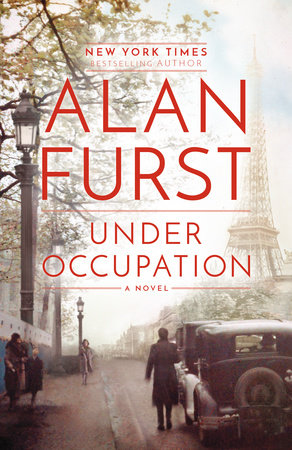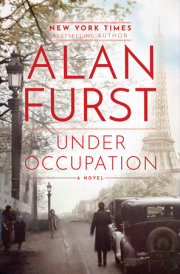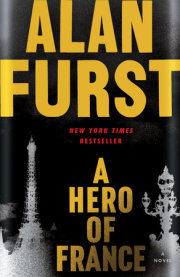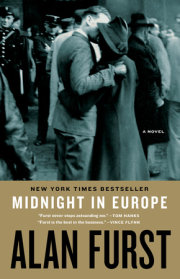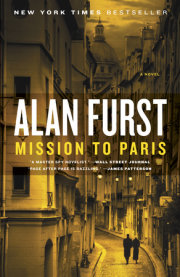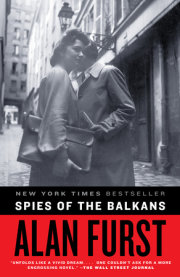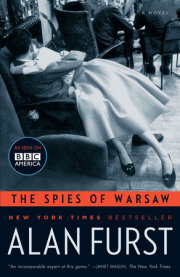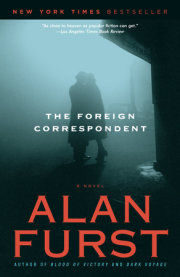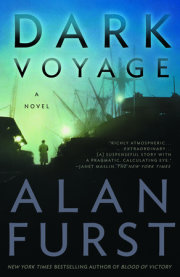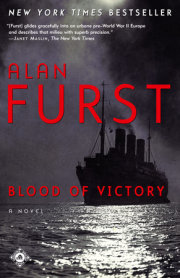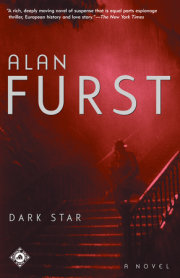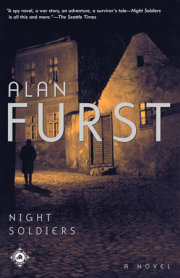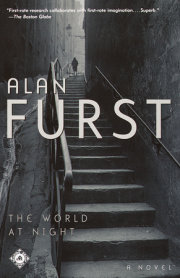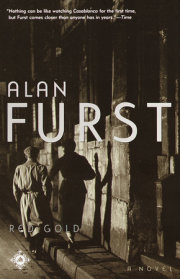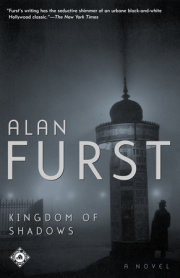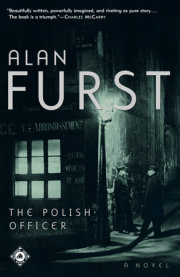Alone in the afternoon after school, then as a grown man, Ricard walked. Sometimes his eyes discovered a face he wanted to study, sometimes a shop window, displaying things which he would never own. But he hardly cared; what he wanted to do was walk. Perhaps it helped that he was walking in Paris, one of the great places in the world to walk, but Ricard as a boy and then as a man didn’t think about that, the monuments—cathedrals, fountains, sculptures of generals on horseback—all this was simply background scenery to Ricard.
So he walked, and became a writer. Because, while walking, his mind was everywhere. In Chicago, in Siam, in a boudoir as a lady undressed, at the circus, on a battleship, in the jungle with a native guide—“Sir! A lion!”—in the snows of Russia as one of Napoleon’s Corsican troopers, on New York’s Lower East Side with gangsters—“Louie, we gotta rub him out”—at the North Pole with explorers and sled dogs, lost at sea on a sailing ship. Where didn’t he go!
Different now. As he walked, Ricard thought about his life, his friends, the women he knew, money—Too much about money! Think of something else!—and the occupation, though that thought, like the occupation itself, oppressed him. Still it was there: strolling German officers with their French girlfriends, Vichy types with their lapel pins of the Francisque, the double-bladed battle-axe. The sight of such lapel pins inflamed his heart. All his life, Ricard had been a peaceable sort, conflict upset him, but now he would have to fight; he’d avoided, like most Frenchmen, the idea of resistance, avoided it for two years, waiting for rescue, waiting for the Americans, as people put it, but he couldn’t wait any longer because it would, in time, damage his soul. No, he told himself, he couldn’t just write something hostile about the Germans, he would need to do something.
To act.
Copyright © 2019 by Alan Furst. All rights reserved. No part of this excerpt may be reproduced or reprinted without permission in writing from the publisher.

